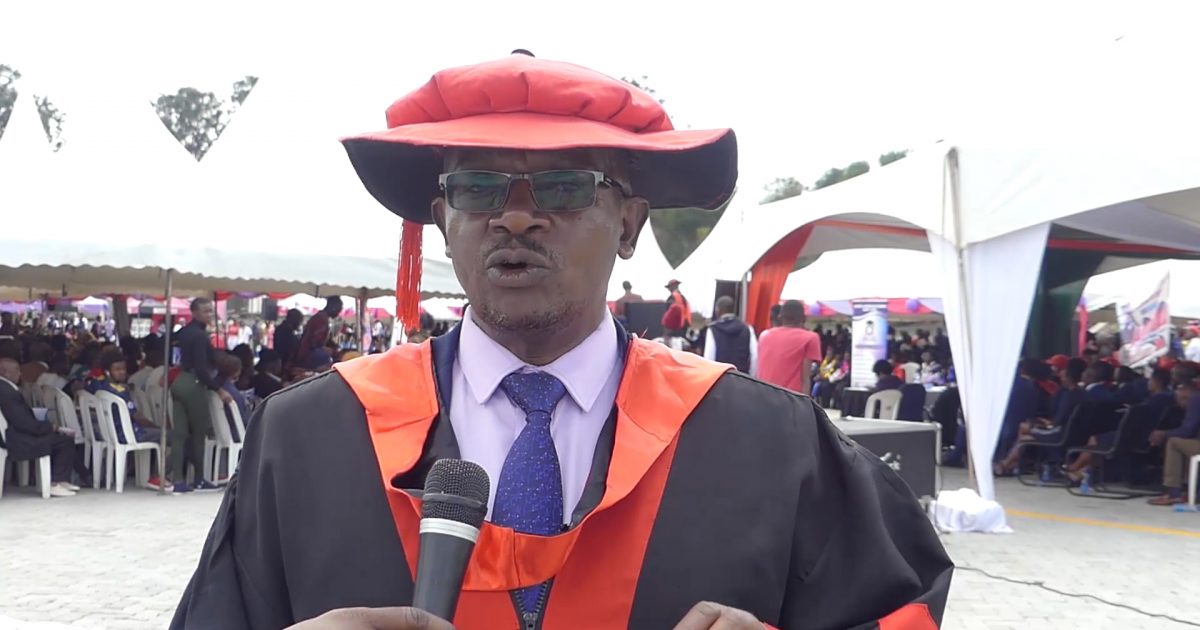Kenya is grappling with a severe shortage of qualified plumbers and masons as students avoid technical education in favour of courses leading to perceived glamorous careers, leaving property developers at the mercy of uncertified artisans and compromised standards in the construction sector.
Concerns have been raised that there are more quantity surveyors, engineers and architects that universities are churning out than the number of skilled artisans graduating in technical vocational education training institutes (TVETs) and polytechnics leading to a serious labour imbalance in the crucial sector.
Stakeholders are worried that Kenya could be sitting on a labour time bomb in the face of glaring skills shortages in the critical building industry, calling the need for speedy interventions from both the government and the private sector.
Rift Valley Institute of Business Studies (RVIBS)Director Mr. John Gitau said certified artisans in Nakuru were now charging about Sh2,500 per day from between Sh700 and Sh1,000 five years ago.
“The market forces are clearly unbalanced, pushing up prices. The perception that technical jobs pay poorly is partly to blame. There is clearly a mismatch between the job market needs and training,” Mr. Gitau said.
The number of carpenters, welders, electricians and painters has also dipped.
In Nakuru for instance, there are at least 500 architects and engineers, against about 200 trained artisans specializing in masonry, plumbing and painting, a situation that should ordinarily be the other way round, Mr. Gitau noted.
Mr. Gitau added, “The problem is that everybody is rushing to take up courses in engineering and architecture, which leaves the artisan jobs without manpower yet at the moment these are the jobs that are well paying,”
He said there are about 5,000 engineers and architects countrywide, whereas there are less than 2,000 trained plumbers, painters and masons.
Making a presentation during an open day for over 1,000 students at the Nakuru Railway Grounds, the RVIBS Director cited a lack of frequent surveys on the country’s work force population as a likely cause for skills gaps in various sectors.
“It may appear absurd to some people that a number of students in polytechnics are being trained on painting but that is not the case. Skills such as paint mixing have to be taught and at the moment there are very few painters around who can give you a perfect job,” said Mr. Gitau.
The concern comes at a time when most tertiary colleges and national polytechnics have been converted into university colleges where more graduates than skilled artisans in crucial fields are being trained.
“We have killed polytechnics and other technical schools by converting them into universities… at the same time we have glorified university education at the expense of the rest,” he said.
Mr. Gitau indicated that there is a need for youths to embrace blue as opposed to white-collar jobs through training of artisans because labour is scarce in these fields.
“At RVIBS we are also sensitizing Kenyans to encourage their children to undergo training in these fields. Artisan jobs are not attractive to many because there is a perception they are for primary and secondary school dropouts. This is what we want to change,”
The Director said there was a ray of hope after enhanced investments in TVET education by the state, which was also giving out incentives to promote artisan businesses.
He further stated that product innovation was happening at a rapid pace that consumers are getting out of touch with the changes. This he said has created the need for certified workers to ensure efficient service delivery.
Chairman to Nakuru County Tourism Association Mr. David Mwangi who was chief guest however expressed optimism the situation was steadily improving as the national government’s initiative to invest in new equipment, modern technologies and infrastructure and qualified training staff was paying off as student enrolments in TVETS had increased to the current 249,316 from 55,945 in 2013.
“Further, the cost of technical training has been standardized across the board at Sh56, 420 per annum with the government providing capitation grants of Sh30, 000 per trainee, per annum. In addition, TVET trainees access loans from the Higher Education Loans Board (HELB), to further supplement the cost of training,” Mr. Mwangi indicated.
While pointing out that at the moment vocational skills and competencies were well paying and key in the socio-economic growth of the country, the chairman observed that the government had rolled out new technical and vocational courses as it begins to implement the Competence-Based Education and Training (CBET) policy framework aimed at delivering industry responsive skills.
He emphasized that an effective Technical and Vocational Education Training (TVET) system will play a key role in achievement of the big four Government agenda and Vision 2030.
Mr. Mwangi informed the students that The Kenya National Qualifications Authority (KNQA) was now recognizing certificates issued to informally trained artisans and professionals who pass practical tests conducted by various authorities.
Under the new arrangement, the Kenya Accountants and Secretaries National Examination Board (KASNEB), Kenya National Examinations Council (KNEC), National Industrial Training Authority (NITA) and Curriculum Development, Assessment and Certification Council (CDACC) issues academic certificates based on practical performance as opposed to written examinations.
“This effectively means that a Jua kali trained, tailor, carpenter, mechanic, sculptor or a plumber who has never sat in a formal classroom or Technical Educational and Vocational Training Institute may be issued with a recognized certificate just as his counterparts who have undergone years of formal training,” explained the Chairman.
This is however subject to condition that one must practically demonstrate that he or she possesses the requisite skills before a relevant examination body.
By Anne Mwale and Dennis Rasto





